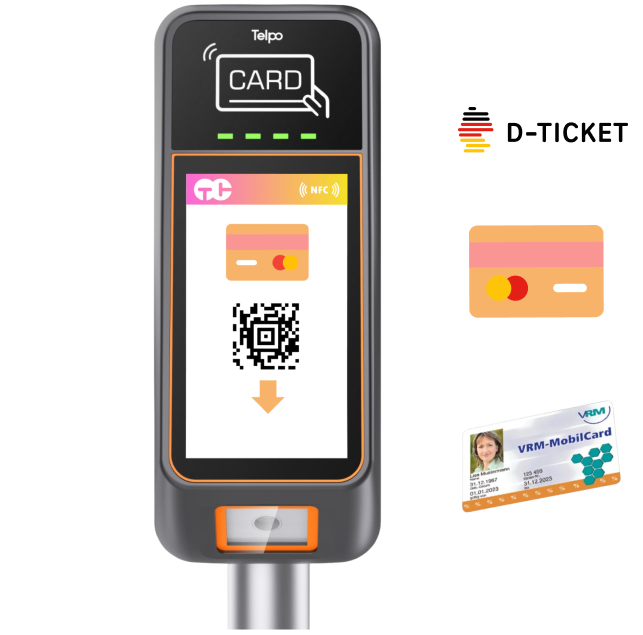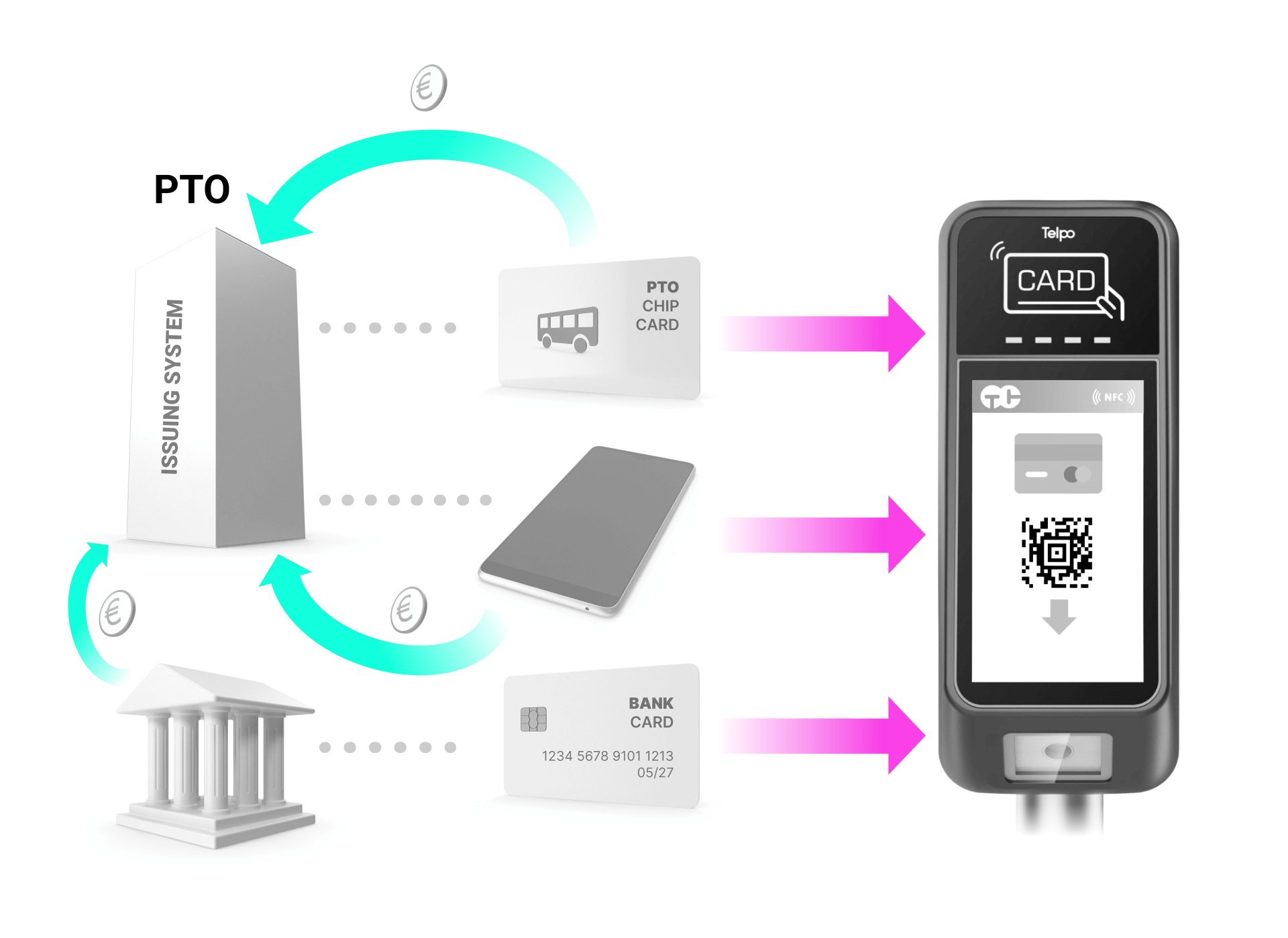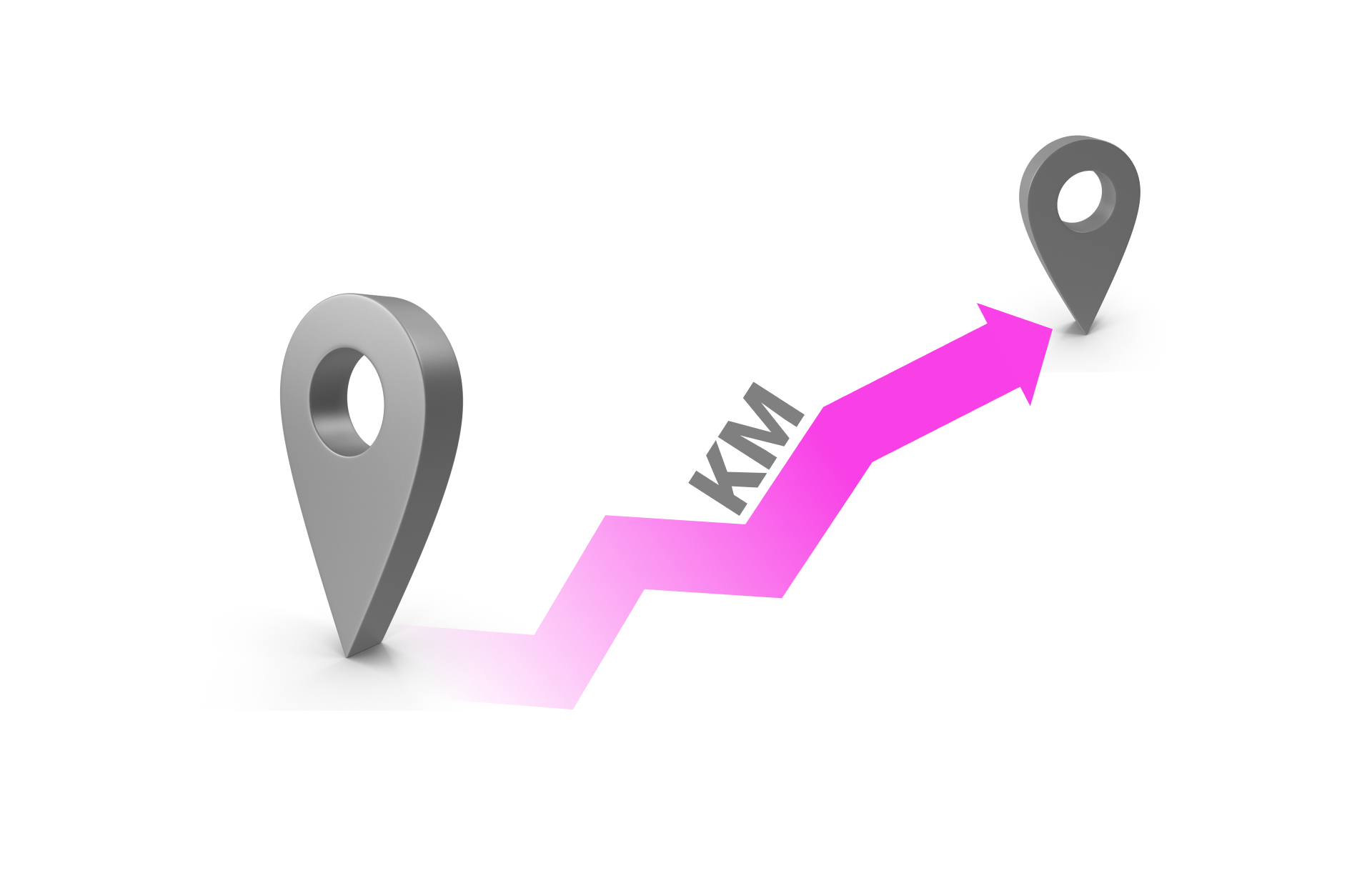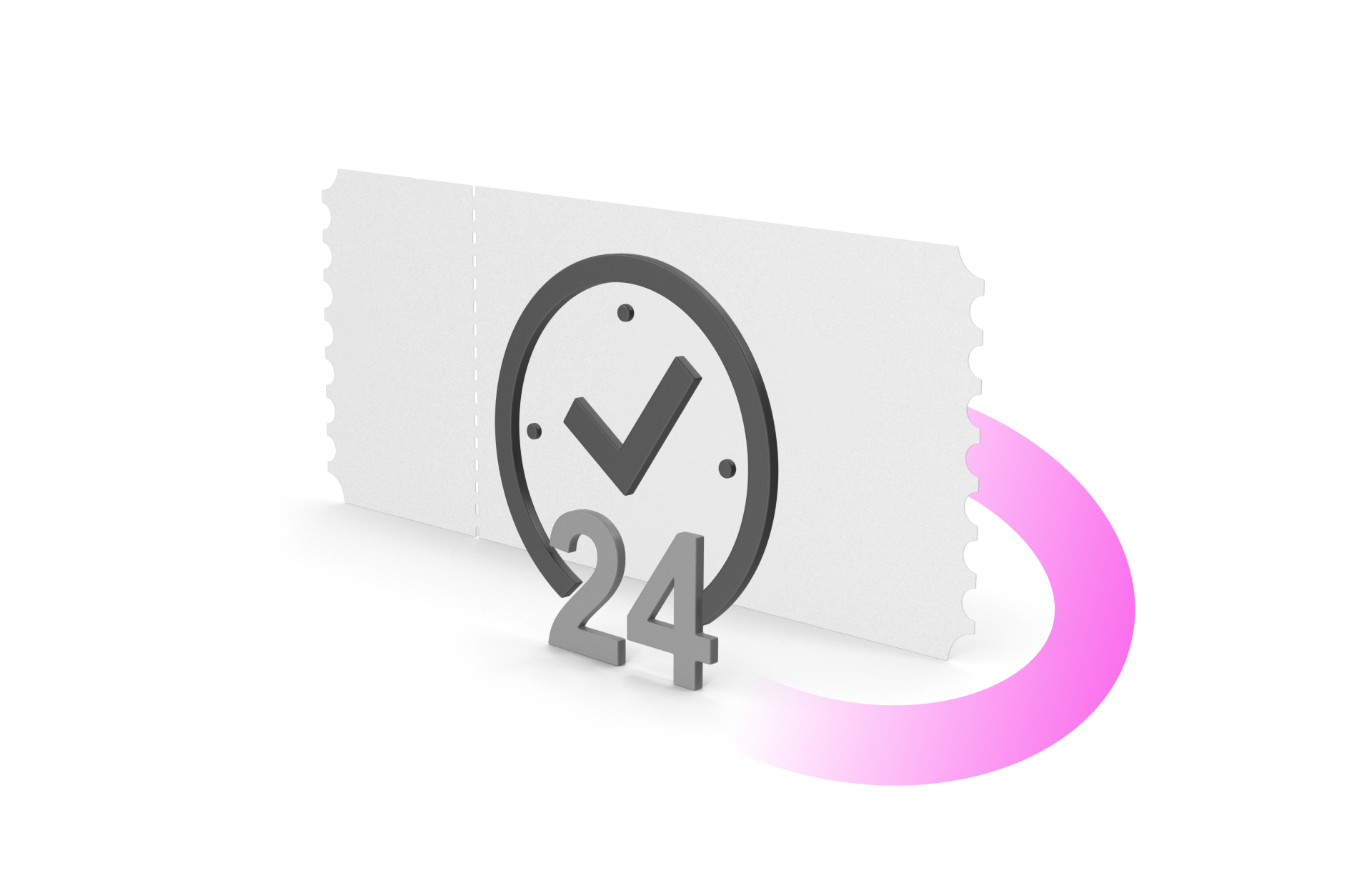Ximedes Mobility Solutions Automated Fare Collection

Introduction
What is fare collection
Passengers using a public transport system pay fares. Collecting these fares is the process known as fare collection. Usually, passengers buy a ticket, and have the ticket validated when they board a vehicle or pass a gate when entering a station or platform.
Traditionally, tickets were purchased at a desk or onboard of a vehicle. Tickets were stamped or a hole was punched in them to validate and prevent reuse. All these steps required human intervention. Today, tickets are stored on chip cards or encoded into barcodes, and validation as well as reuse prevention are managed electronically.
The latest trend is Pay-as-you-Go. Passengers pay their fares by checking in and out of the public transport system with a bank card or credit card.

Modern ways to collect fares
What is Automated Fare Collection?
An automated fare collection (AFC) system automates ticket sales, ticket validation and inspection. Compared to a traditional system, AFCs substantially reduce costs.
Chip cards
Early AFCs often involve chip cards. Chip cards are purchased and topped up at Automated Vending Machines. Chip cards that contain subscription products are often associated with recurring payments.
Chip cards are validated by tapping them to a validator. A special device, that checks the authenticity of the chip card, its balance, or the presence of a valid product that allows the passenger to travel.
Chip cards are used to this day, especially for subscription products, that are harder to deal with than payment cards.
Barcodes
AFCs also use barcodes. Barcodes are easy to issue, and can be printed on paper, cards or used in Apps. A validator with a barcode reader can easily read and check the authenticity of the barcode. In terms of being light-weight, barcodes are ideal. The downside is that they are easy to copy, making fraud a real concern. However, there are ways to greatly reduce the misuse.
Pay-as-you-Go
The most modern AFCs don't even require passengers to buy a ticket upfront. When boarding the vehicle, passengers simply tap their debit or credit card and repeat that when they disembark. The fares are then automatically charged to their card.
How it works
Automated Fare Calculation
No matter if you tap your chip card, buy your barcode or check in and out with your payment card, the fare needs to be calculated. Fares depend on the origin and destination of the trip, the day of the week, the time of day the passengers age, to name just a few variables.
Fare calculation is often based on one of three systems:
Zone based
Cities and regions are divided in zones, and the number of zones a trip covers determines the base of the fare.

Distance based
The number of kilometers traveled is the base of the fare. Just as with zone-based tickets, the type of the ticket is another parameter that influences the price. A first class ticket is more expensive than a second class one.

Time based
The amount of time a trip takes drives its price. Another option is to let passengers pay for a fixed amount of time, for instance two hours.
Automated Fare Collection systems can rely on a stand-alone ticketing system like Ximedes' TapConnect to carry out fare calculations. However in many cases it makes more sense to integrate the ticketing system with pre-existing APIs, to perform the fare caluclations.


D-Ticket and others
Country-wide systems
In some countries the Public Transport Organizations (PTOs) cooperate, and tickets are valid at multiple PTOs. The Netherlands have a Chip Card that can be used at all PTOs in the country, which was introduced in 2008. In Germany the D-Ticket was introduced in May 2023.
These country-wide systems make it necessary to find a solution to distribute ticket income among the participants. In the Netherlands a company called Translink takes the ticket revenues and distributes it again based on the actual use. Germany is still working on a good system, but it is likely that it will also take actual usage as the basis.
So a country-wide system calls for an AFC that can register tickets, and also determine who issued the ticket.
Why
Other advantages of AFCs
An Automated Fare Collection (AFC) usually has validators that are placed in every vehicle and on the platforms. When the data of passengers checking in to your vehicles is collected, you get very good insights in the number of passgengers that are served, the popular lines, and the popular times. This data helps you to improve your service.

Tapconnect ticketing solution
How Ximedes can Help
Ximedes has decades of experience in helping PTOs develop and implement IT systems in public transport. Six years ago we developed TapConnect as a an API-first ticketing system. It is now the de facto standard barcode ticketing system in the Netherlands, and used for D-Ticket too.
TapConnect is barcode centric, but it can deal with chip cards too. Ximedes also delivers a complete Automated Fare Collection system on top of TapConnect. The system is capable of validating barcodes, chip cards and debit and credit cards.